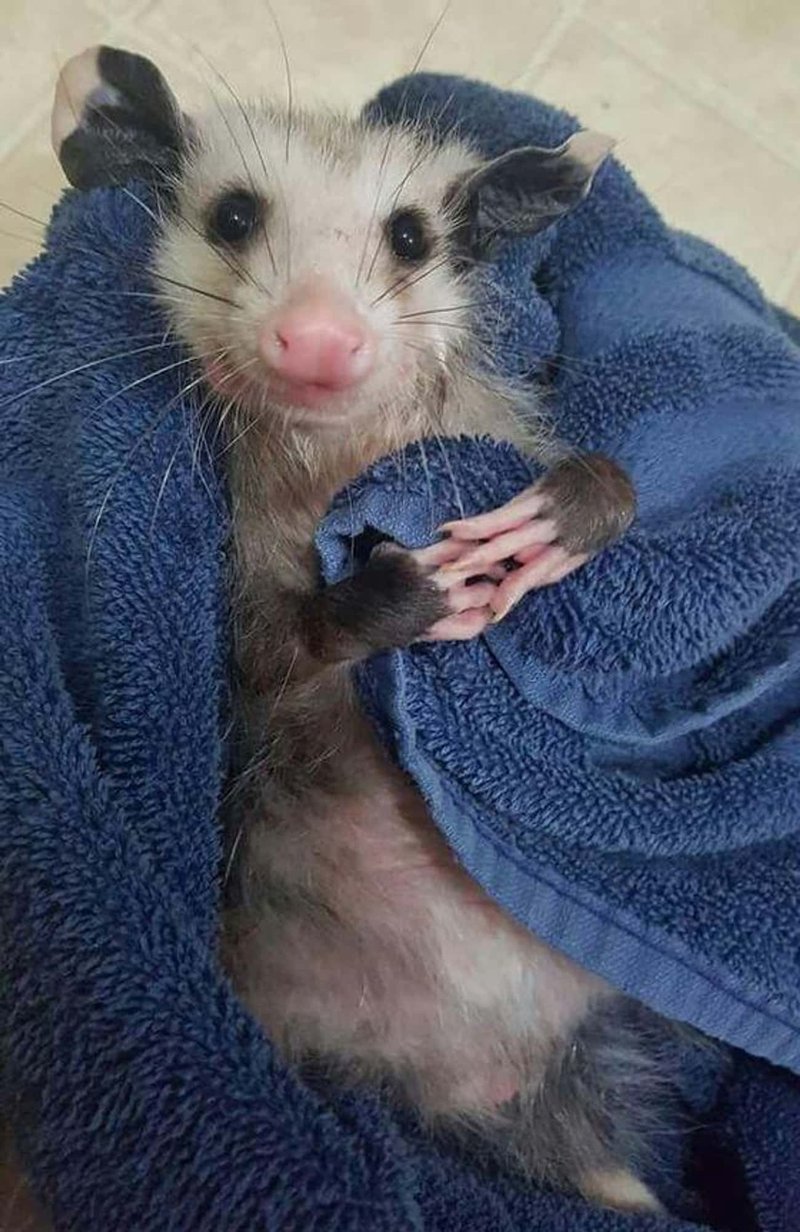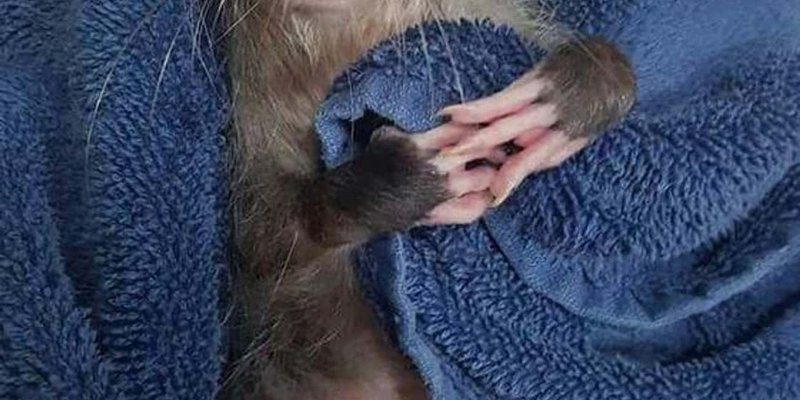
Possums are often compared to other small mammals like raccoons and squirrels. However, they have their own unique set of traits that make them stand out. You might think of them as nature’s little problem solvers, using their intelligence to navigate a world full of challenges. So, grab a cup of coffee, and let’s dive into the world of possums, shall we?
Basic Intelligence and Problem-Solving Skills
Possums are not just mindlessly scavenging through garbage; they actually showcase some impressive problem-solving skills. Research has shown that these creatures are capable of learning through experience. For instance, they can remember the paths they took to find food, which is a significant indicator of cognitive ability. This type of learning is often compared to the way humans remember routes or tasks after repeated practice.
Here’s the thing: possums have a knack for figuring things out in their environment. They can navigate complex mazes to find food rewards, demonstrating an understanding of their surroundings. This cognitive flexibility is a great example of how these animals employ their intelligence to survive in the wild.
Another interesting aspect is their ability to adapt. Whether it’s learning to open bins or remembering which spots are safer for foraging, possums exhibit a level of intelligence that makes them excellent survivors. Their adaptability is one reason why they’ve thrived despite living in urban areas where other wildlife might struggle.
Social Behavior and Interaction
You might be surprised to learn that possums are quite social creatures! While they’re often seen alone, they do engage in social interactions, especially with their young. Mother possums invest a lot of time in teaching their babies essential skills, like foraging for food and recognizing threats. This nurturing behavior indicates a level of intelligence that’s often overlooked.
Possums also communicate with one another through a mix of sounds and body language. They can hiss, growl, or emit high-pitched noises to convey different messages. For instance, when threatened, a possum may hiss to scare off potential predators. This form of communication is crucial in helping them survive in the wild.
Moreover, they have interesting ways of establishing dominance. You might see them engaging in playful wrestling or chasing each other as a way to socialize. These behaviors not only help them bond but also give them practice in using their physical and cognitive skills.
Memory: A Key Factor in Survival
Memory plays a crucial role in a possum’s life. Think about it—if you could remember where the tastiest food sources were located or which areas were safe from predators, you’d have a big advantage. Possums rely heavily on their memory for survival, particularly when navigating their territory or remembering which paths to avoid.
Studies have shown that possums excel in remembering locations where they previously encountered danger or food. This long-term memory helps them avoid risks and seek out resources effectively. Imagine walking through a park and remembering the best spots for a picnic or the areas where you’ve spotted a pesky raccoon—this is similar to what possums do with their environments.
Their capacity for memory is not just about food and safety; it also affects their reproductive success. Female possums need to remember the locations of their den sites to provide a safe environment for their young. This blend of survival skills and memory places possums in an interesting category of intelligent animals.
Learning from Experience
Possums are quick learners. They tend to pick up on new situations and adapt their behavior accordingly. When faced with new challenges, such as a changing environment or different food sources, they can adjust their strategies effectively. This ability to learn from experience showcases their cognitive flexibility and is vital for their survival.
You might wonder how this works in practice. For example, if a possum encounters a new type of barrier while searching for food, it won’t just give up. Instead, it will experiment with various strategies to bypass the obstacle. This persistence is a testament to their intelligence and willingness to learn.
Additionally, possums exhibit a behavior called “play,” which is often linked to cognitive development. Young possums engage in playful activities that help sharpen their skills and improve their problem-solving abilities. It’s like how human children learn through play—exploring and figuring things out in a safe environment.
Possum Behavior in Urban Environments
With more possums venturing into urban areas, understanding their behavior in these environments is increasingly important. Urban possums often face new challenges, like traffic and human interactions, which can affect their survival tactics. Thankfully, their intelligence helps them navigate these complexities.
One notable behavior is their scavenging habits. Possums are opportunistic feeders, and in cities, they often rummage through trash for food. But they do this smartly! They tend to avoid busy streets, waiting for the right time to cross safely. This cautious behavior indicates their ability to assess risk and make decisions based on their surroundings.
Moreover, urban possums have learned to adapt their foraging strategies based on the availability of food. They may visit high-density food sources, like restaurants or parks, at different times to minimize competition. This strategic planning demonstrates their intelligence and ability to thrive even in challenging environments.
The Role of Possums in Ecosystems
Possums also play a vital role in their ecosystems, which may not seem directly linked to intelligence at first glance. By controlling pest populations, they help maintain balance in their environment. They eat insects, rodents, and even ticks, which can contribute to lower disease transmission.
Their foraging habits also aid in seed dispersal. When they consume fruits and vegetables, they help spread seeds through their droppings. This natural process supports plant growth and biodiversity, showcasing their importance beyond just being a cute face in your backyard.
In this way, possums embody a unique blend of cognitive ability and ecological importance. Their intelligence allows them to function effectively within their ecosystem, proving that they’re much more than just scavengers.
Final Thoughts on Possum Intelligence
So, how smart is a possum? From their problem-solving skills to their social behavior and memory, it’s clear that these creatures possess a surprising level of intelligence. Understanding their cognitive abilities helps us appreciate their role in nature and the challenges they face, especially in urban settings.
Next time you spot a possum, take a moment to observe. You might just see a clever little creature navigating its world with more thoughtfulness than you’d expect. Possums are a reminder that intelligence comes in many forms, often hidden in unlikely places. They truly deserve more credit than they typically get!

